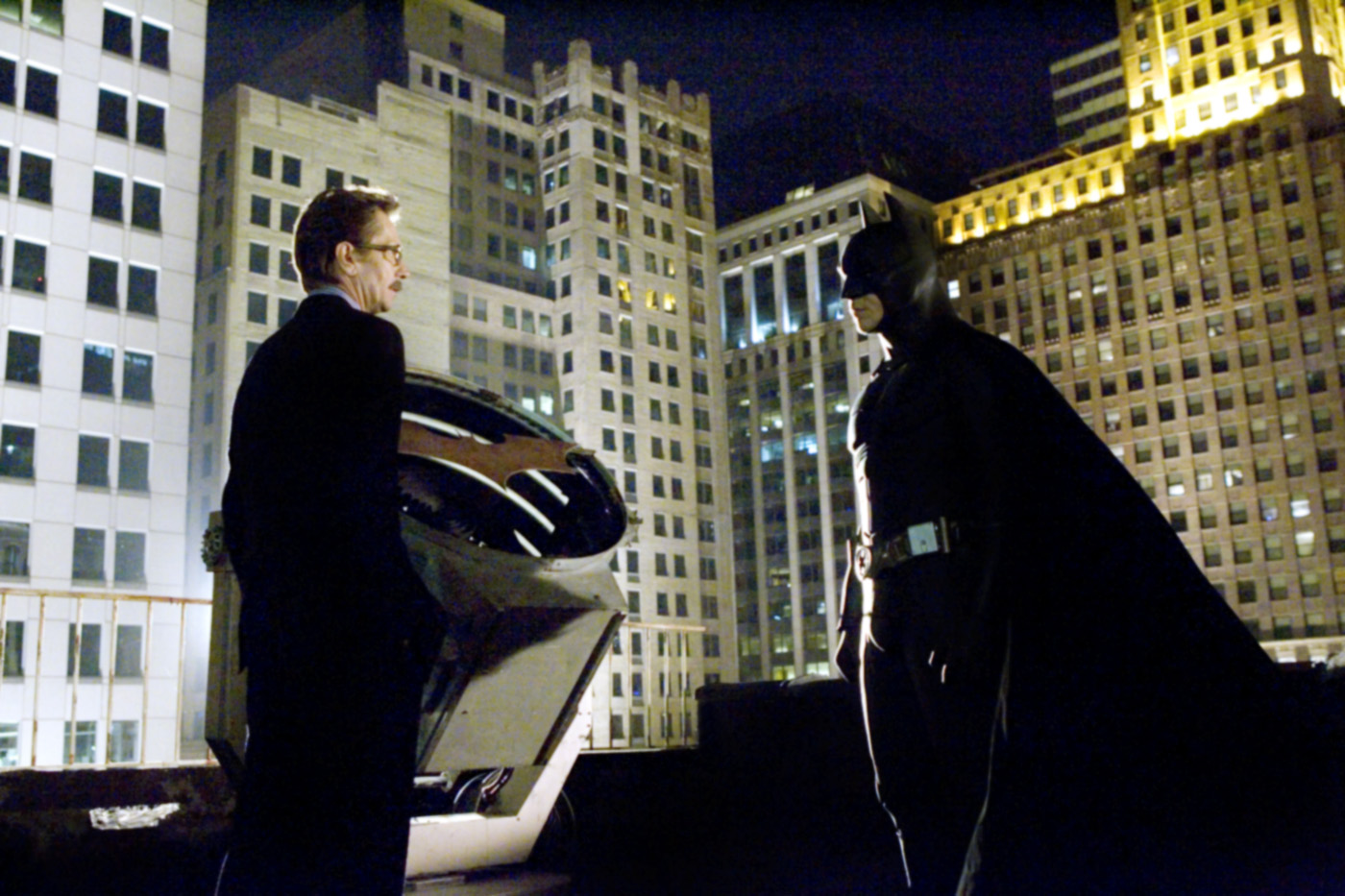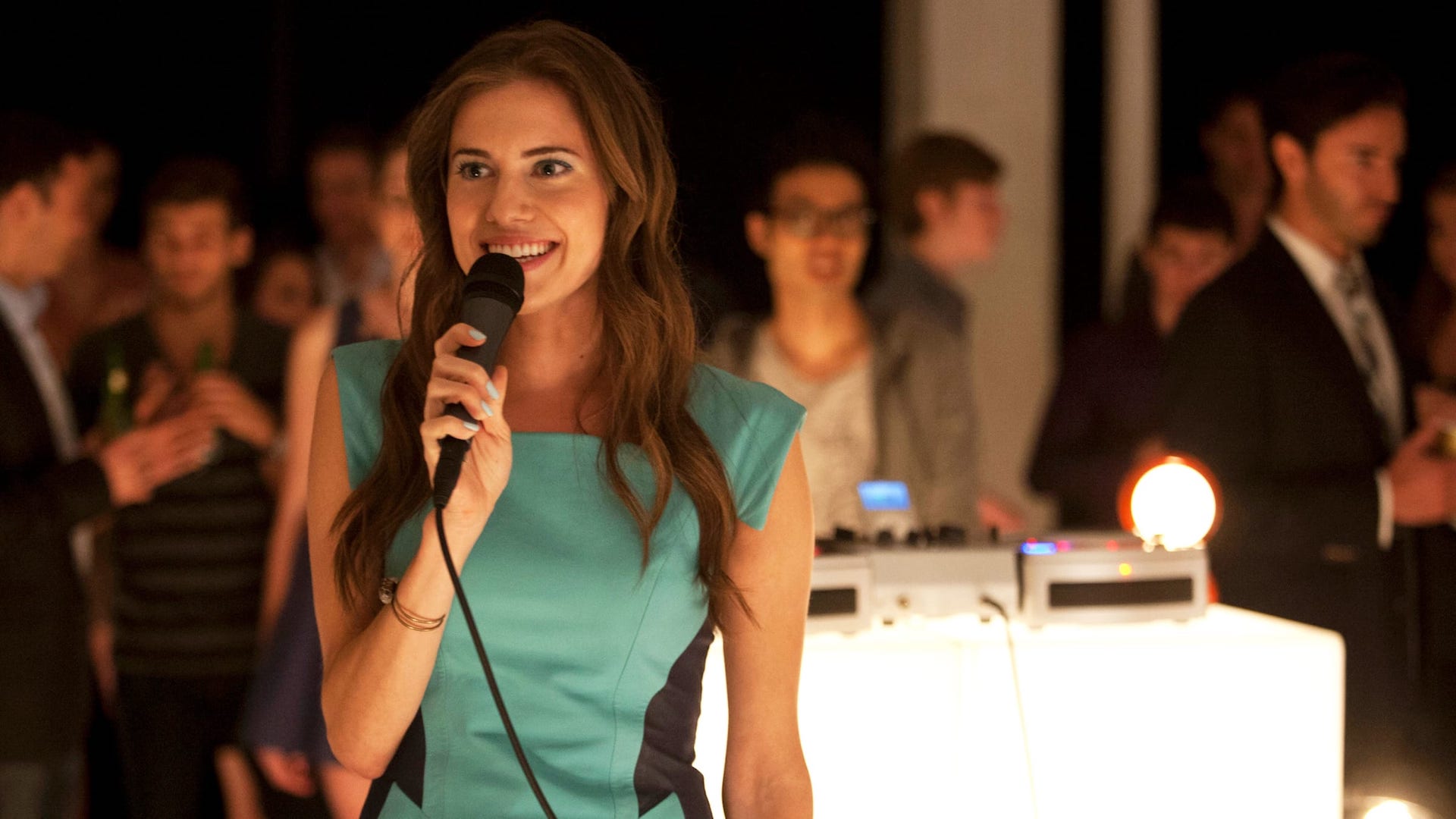Danny Boyle is still “proud” of his Best Picture Oscar winner “Slumdog Millionaire,” even while acknowledging that, as a white British director, he could not make the Bollywood-influenced Mumbai epic today.
Boyle told The Guardian that his 2008 film, in hindsight, carries a weight of “cultural appropriation” despite working with “a big Indian crew.” Boyle also said “Slumdog Millionaire” would not get financed today with a director such as himself attached.
“We wouldn’t be able to make that now,” Boyle said. “And that’s how it should be. It’s time to reflect on all that. We have to look at the cultural baggage we carry and the mark that we’ve left on the world.”
He continued, “I mean, I’m proud of the film, but you wouldn’t even contemplate doing something like that today. It wouldn’t even get financed. Even if I was involved, I’d be looking for a young Indian filmmaker to shoot it.”
When asked if “Slumdog Millionaire” could be considered a form of cinematic “colonialism,” Boyle said, “No, no…Well, only in the sense that everything is. At the time it felt radical. We made the decision that only a handful of us would go to Mumbai. We’d work with a big Indian crew and try to make a film within the culture. But you’re still an outsider. It’s still a flawed method. That kind of cultural appropriation might be sanctioned at certain times. But at other times it cannot be.”
“Slumdog Millionaire” made $378 million at the worldwide box office against a $15 million budget. The Fox Searchlight Pictures release centered on an Indian teenager (Dev Patel), who grew up in the slums of Mumbai and is accused of cheating during the country’s version of “Who Wants to Be a Millionaire?” Freida Pinto, Anil Kapoor, and late actor Irrfan Khan co-starred. The film later won eight Oscars, including Best Picture and Best Director. Screenwriter Simon Beaufoy loosely adapted the film from the novel “Q & A” by Vikas Swarup. “Slumdog Millionaire” is listed low, at #85, on IndieWire’s ranking of all 97 Best Picture winners.
Read IndieWire’s first-look interview with Boyle about his latest film, “28 Years Later,” here.



